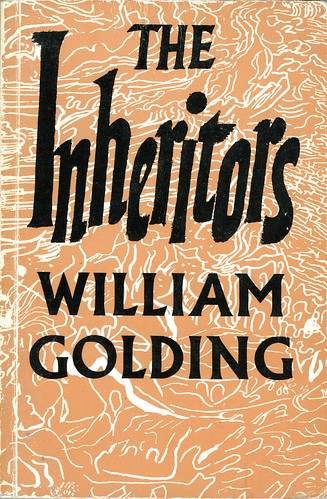October 15, 2010
Overshadowed by oneself…
by Melville House

Over at The Millions, Bill Morris has written a wonderful review and remembrance about the author James Ross (They Don’t Dance Much) and the mysterious and vaguely tragic group of “one-hit wonders” who write a single great book and then never publish again…
…for reasons that range from rejection to writer’s block to drink, drugs, depression, shyness, madness, a loss of interest or a loss of nerve, or the simple realization that they said all they had to say in their one and only book. The most famous are Harper Lee (To Kill a Mockingbird), Margaret Mitchell (Gone With the Wind) and Ralph Ellison (Invisible Man).
Later in the essay, Morris muses on the fate of another category of authors:
And then there is the group I think of as Mislabeled One-Hit Wonders — writers who actually published more than one novel but will forever be identified with the one that made their names. J.D. Salinger (The Catcher in the Rye), Malcolm Lowry (Under the Volcano), Frederick Exley (A Fan’s Notes), Joseph Heller (Catch-22), Richard Yates (Revolutionary Road) and Jack Kerouac (On the Road) come immediately to mind. Those books dwarfed everything else their creators wrote, which is a both a tribute to those books and an unfair slap at their sometimes very fine but terminally overshadowed brethren.
Morris’s second group called to mind two recent New York Times reviews from this summer. In a review of John Carey‘s biography of William Golding, William Boyd writes:
In the late 1960s, some 15 years after the publication of “Lord of the Flies,” William Golding confessed to a friend that he resented the novel because it meant that he owed his reputation to what he thought of as a minor book, a book that had made him a classic in his lifetime, which was “a joke.”… Golding remarked that he saw himself “spiraling up towards being a . . . universally admired, but unread,” novelist. This was horribly prescient. With the exception of “Lord of the Flies,” Golding’s strange, haunting, difficult novels have few readers these days, and his posthumous reputation is neglected and in decline.
In the second NYT article, Dwight Garner rexamines the life, writing, and reputation of poet James Dickey, a writer whose career has been doubly eclipsed, first by the success of his novel Deliverance and then by the film version starring Burt Reynolds and Jon Voigt–a film that, whatever its merits, has become a comic signifier for Southern obscenity. Garner writes:
No wallflower, Dickey reveled in the attention “Deliverance” brought him. But he feared that the novel’s success would overshadow his poetry, a form he took more seriously. He was right to worry.
I was curious if readers of MobyLives could point to other authors whose finest or most interesting work has been overshadowed by their “signature” book…